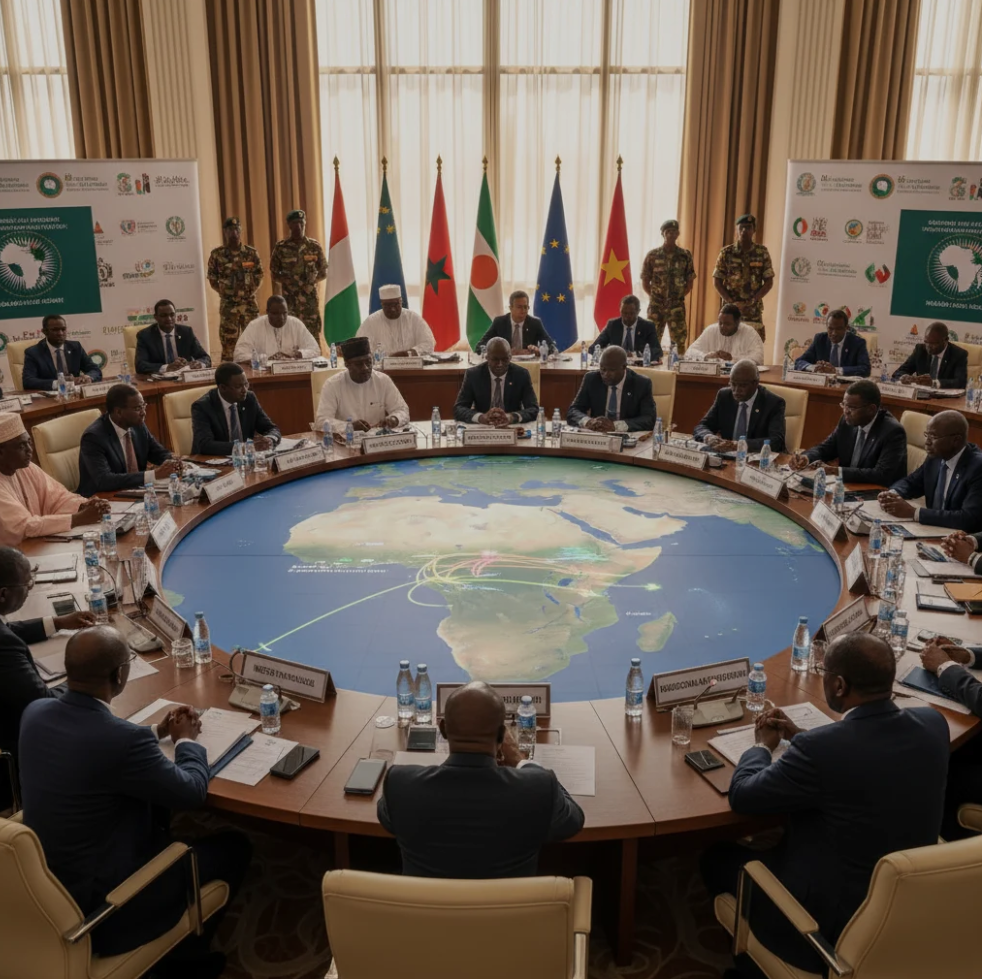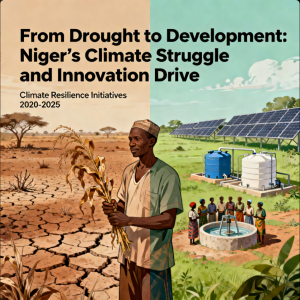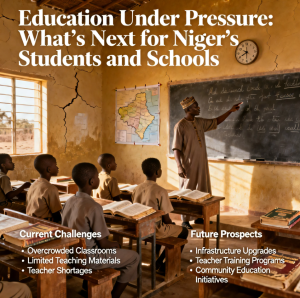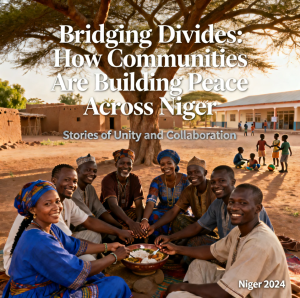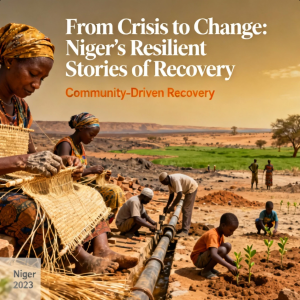The Sahel is one of the world’s most geopolitically sensitive regions, facing challenges that range from terrorism to climate stress to shifting political alliances. At the center of this complex landscape is Niger, a country that plays a strategic and stabilizing role in regional security.
Despite internal pressures and external threats, Niger has long been viewed as a key pillar of cooperation, intelligence sharing, and counterterrorism strategy across West Africa. Understanding Niger’s role in the Sahel reveals how deeply interconnected the region’s security truly is.
🌍 1. Niger’s Strategic Position in the Sahel
Geographically, Niger shares borders with seven countries—including Mali, Nigeria, Libya, and Chad—making it a crossroads for migration, trade, and military movement.
This position makes Niger:
- A buffer zone between North Africa and sub-Saharan Africa
- A gateway for security coordination
- A frontline state in counterterrorism operations
- A transit point for irregular migration routes
Niger’s location alone makes it essential for maintaining regional stability.
⚔️ 2. The Fight Against Extremism
The Sahel faces ongoing threats from extremist groups such as:
- ISIS-Sahel affiliates
- Boko Haram and ISWAP
- Al-Qaeda-linked militias
Niger has been a core partner in joint operations, working to secure vulnerable border regions like Diffa, Tillabéri, and Tahoua.
Niger’s counterterrorism efforts include:
- Multi-national military operations
- Intelligence-sharing partnerships
- Cross-border patrols
- Strengthening local defense forces
Although the threat remains persistent, Niger’s participation has significantly slowed extremist expansion across key corridors.
🤝 3. Regional Cooperation: ECOWAS & G5 Sahel
Niger has long been an active member in regional alliances aimed at peace and stability.
G5 Sahel
Niger works with Burkina Faso, Mali, Mauritania, and Chad to coordinate:
- Joint military missions
- Border security
- Counterterrorism strategy
- Development programs
ECOWAS Engagement
Niger contributes to:
- Crisis mediation
- Security agreements
- Regional diplomacy
Despite political tensions in the Sahel, Niger continues to promote collective responsibility and cooperation.
🚨 4. Humanitarian and Climate Pressures
Security in Niger isn’t only about military force. Social pressures also shape the region’s vulnerability.
Niger faces:
- Severe climate change
- Desertification
- Water scarcity
- Rising displacement
- Cross-border migration crises
These factors fuel instability and deepen regional interdependence. Niger often coordinates humanitarian responses with neighbors and international organizations.
🌐 5. International Partnerships
Niger has historically worked with numerous global partners to support stability in the Sahel, including:
- The African Union
- The European Union
- The United Nations
- Regional coalitions
- Development agencies
These partnerships have brought:
- Military training
- Equipment support
- Civilian protection programs
- Infrastructure and resilience funding
Even when political conditions shift, Niger remains a central node in international strategy for the Sahel.
🔍 6. Internal Challenges and Shifting Dynamics
Like many countries in the region, Niger faces:
- Political transitions
- Economic stress
- Social tensions
- The rise of informal armed groups
These internal dynamics influence its ability to maintain strong regional cooperation. Yet Niger’s experience, location, and commitment continue to make it a stabilizing actor in West Africa.
✅ Conclusion
Niger’s role in the Sahel extends far beyond its borders. As a strategic hub, a security partner, and a regional diplomat, Niger helps shape the stability of the entire region.
In a landscape marked by complexity, conflict, and change, Niger remains one of the essential pillars in regional security, cooperation, and long-term resilience.
